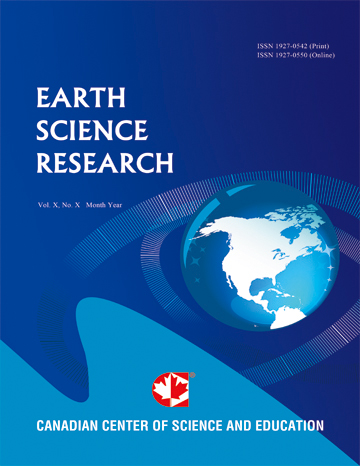Correlating DYFI Data With Seismic Microzonation in the Region of Montreal
- Philippe Rosset
- Allison L. Bent
- Luc E. Chouinard
Abstract
The Western Quebec seismic zone has moderate seismic activity with few historical damaging earthquakes. Nevertheless, recent risk analyses have shown that the combination of a high level of urbanization with soft soil deposits in the metropolitan area of Montreal could lead to significant damage and economic losses. Over the two decades, several projects have been completed to develop a seismic microzonation to identify zones where seismic waves could be amplified. During the same period, Natural Resources Canada developed an internet application to collect reports from the population after an earthquake and to convert them to the Modified Mercalli Intensity scale (MMI). This paper presents a first comparison of the MMI data compiled after eight recent earthquakes felt in Montreal area with the existing zonation in terms of soil classes. It shows that the MMI from individual reports increases when the observer is located in a soft soil zone. Statistics on average MMI over a regular grid confirms this trend. The numerous reports collected through the internet application, and future applications based on data collected from social media, could become a very useful source of information to complement seismic field measurements when developing and validating seismic microzonation maps.
- Full Text:
 PDF
PDF
- DOI:10.5539/esr.v9n2p85
Index
Contact
- Lesley LuoEditorial Assistant
- esr@ccsenet.org
